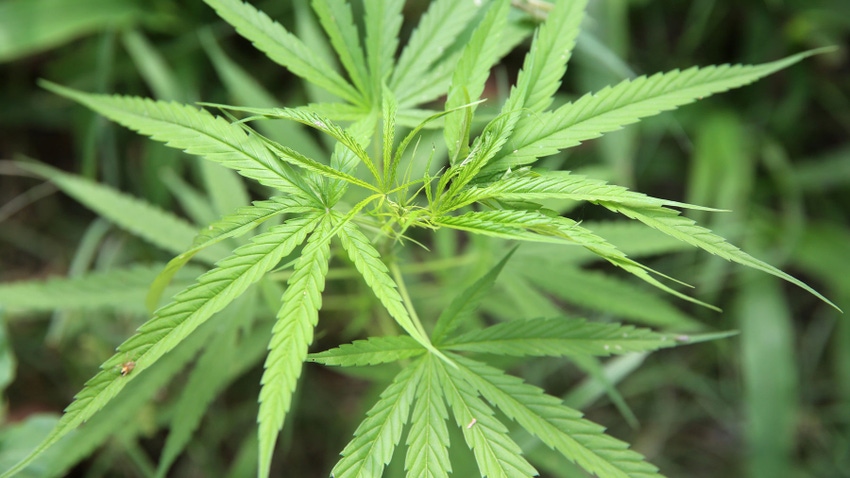September 11, 2023

The Plant Health section of the Michigan Department of Agriculture and Rural Development’s Pesticide and Plant Pest Management Division will be conducting industrial hemp grower inspections again in 2023.
What happens during an inspection?
Hemp inspections will always be conducted with the grower or their representative present. Inspectors will be contacting registered growers in advance of the inspection to schedule a date and determine the status of hemp crops.
The inspector will conduct a field visit during the inspection, visiting each growing site, along with an “office” visit where paperwork and record-keeping items will be reviewed. If growing locations are dispersed across the state, other PPPM inspectors may assist with verifying those locations.
Inspectors will be reviewing the following items and related notification, time-frame and record-keeping requirements:
grower registration application information and growing locations
preharvest sampling and harvesting
growing location posting
sales records
propagative material purchase records
variety record-keeping
crop acreage reporting to USDA’s Farm Service Agency
disposal of noncompliant lots
remediation of noncompliant lots
Even if the grower has not yet participated in some of these activities, such as harvesting or remediation, MDARD’s inspector will review requirements so when the time comes, the grower has a better understanding of the process.
The inspection report is designed to provide you with information about deficient items needing to be corrected, as well as list all the requirements for hemp growers, along with notations for specific parts of the act that can be referenced for clarification.
What happens when deficiencies are identified?
Any deficiencies identified will be discussed with the grower. The grower will be issued a statement to “cease and desist” the violative activity. The inspector will provide the grower with an opportunity to respond by a specific deadline on how deficiencies were corrected.
MDARD provides compliance assistance first and foremost and treating businesses fairly. A simple cease and desist order or warning letter may be the only enforcement actions issued, if any. Escalated enforcement actions may be taken to address negligent violations, repeat violations or severe violations of the hemp law.
Resources and questions
More information about industrial hemp law, including grower requirements, can be found at michigan.gov/hemplaws. In addition, documents detailing requirements for record-keeping, posting, remediation, disposal and USDA’s Farm Service Agency reporting can be found under the Compliance Assistance Documents heading.
Additional information about how to submit a site modification form to add additional growing locations to your application, request a preharvest or remediation sample, or provide notice about disposals can be found under the Forms heading.
Source: MDARD
You May Also Like




